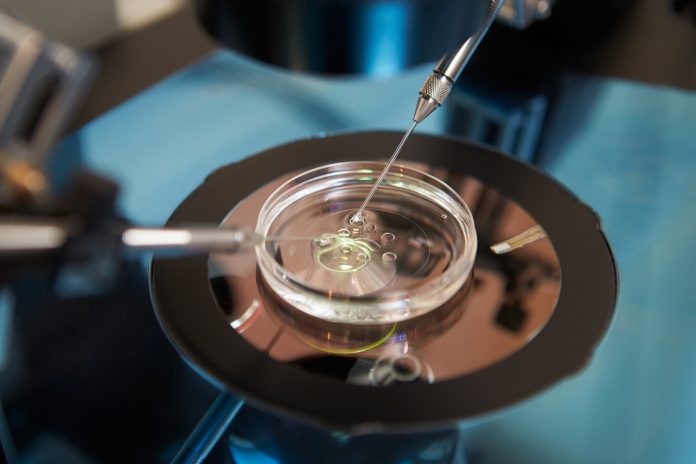The government are appointing a Women’s Health Ambassador to demonstrate stronger support for women’s health, as well as focusing on ending violence against women
After the analysis of up to 100,000 survey responses to the ‘call for evidence’ – a government plan to prioritise health based on need and not gender – the government is making a directive for change.
The appointed Women’s Health Ambassador will raise the importance of women’s health, increasing awareness about ‘taboo’ gendered topics and supporting the government in strategy implementation.
Women’s Health Strategy for England
The responses gave an insight into women’s experiences of health and care, stressing the solution to problems within the healthcare system.
Some of the responses to the call for evidence survey included: women’s health stigmas which prevent women from seeking help, the women who felt unnoticed by healthcare professionals, the priority of services which affect women negatively, and the demand for compulsory training for GPs on efficient women’s health – such as menopause.
Minister for Women’s Health Maria Caulfield said: “The responses from the call for evidence were in many ways as expected, particularly with regards to women’s priorities, but in some places the revelations were shocking.
“It is not right that over three-quarters of women feel the healthcare service has not listened. This must be addressed. Many of the issues raised require long-term system-wide changes, but we must start somewhere.
“I am proud to publish our Vision for Women’s Health. It is the first step to realising our ambition of a healthcare system that supports women’s needs throughout their lives.”
Nearly 2 in 3 respondents with a health disability said they do not feel supported by the services available
The government’s ambitions in the strategy include: All women feeling comfortable talking about their health without stigma, the ability for women to access all services necessary, including access to high-quality information and education from childhood through to adulthood, and feeling supported in the workplace.
The government will additionally gather a routine collection of demographic data of participants in research trials to ensure that research assists this health vision.
The government also set the intention to introduce legislation to ban hymenoplasty at the earliest opportunity. Hymenoplasty is intrinsically linked to virginity testing, and stems from the same repressive and sexist attitudes towards a woman’s sexuality and the concept of virginity.
This effort is to be continued with making hormone replacement therapy – a key medication to offset the symptoms of the menopause – more accessible by reducing the cost burden for menopausal women. Menopause will be further investigated, understanding how women going through the menopause can be better supported by clinicians.
Nimco Ali OBE, CEO of the Five Foundation and co-chair of the Ginsburg Women’s Health Board, said: “For the benefit of the whole of the UK, we need to address the gender health gap. This year’s consultation by the Department of Health and Social Care has shown that they acknowledge that and are committed to delivering change.
“We have already seen progress in so many areas but this data will ensure future policy is delivered where it is most needed and will be most effective.”
Professor Geeta Nargund, co-founder of the Ginsburg Women’s Health Board, senior NHS consultant and Medical Director at CREATE Fertility, said: “The results of this consultation show unequivocally that our healthcare system needs more support for women’s reproductive health and that, across every age group, women face hurdles in accessing the medical care or information they need. It reconfirms why this consultation was so important and, now that we have the results.
“We must work to address the issues raised and develop policies that will close the gender health gap.”
“When it comes to gynaecological conditions, there is a very clear need to accelerate referrals for early diagnosis with a fast-track to consultants, and there must be a focus on health conditions affecting BAME women who have historically struggled to access support.
“Fertility issues continue to affect a growing number of women and, to ensure all those who need can access treatment, we urgently need to end the NHS IVF postcode lottery, and extend funding to same-sex and single women across the UK. The results of this consultation are only the beginning, and we must work together to support our NHS and healthcare system to deliver the best service possible for all women.”
Details on the action government will take to fulfil these ambitions will be followed by the Women’s Health Strategy in early 2022.











